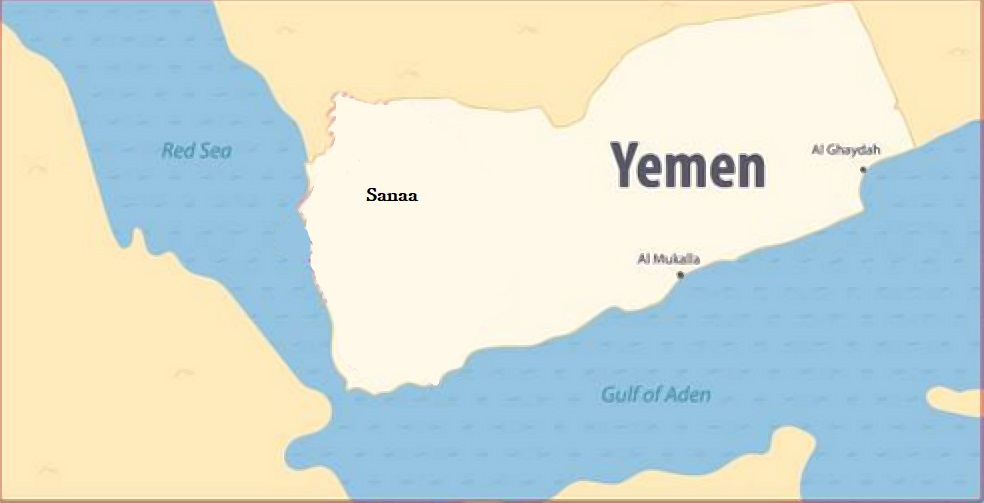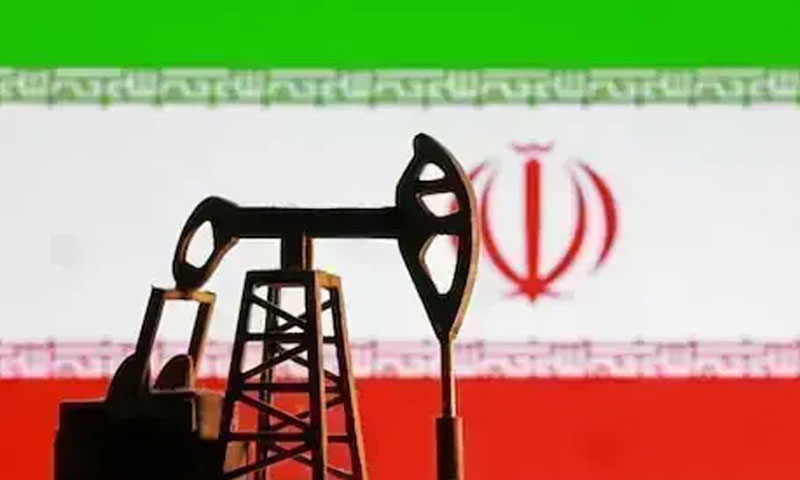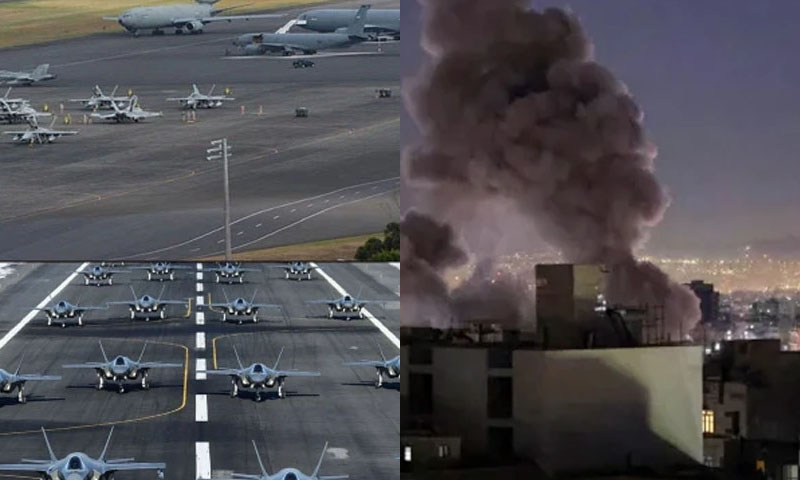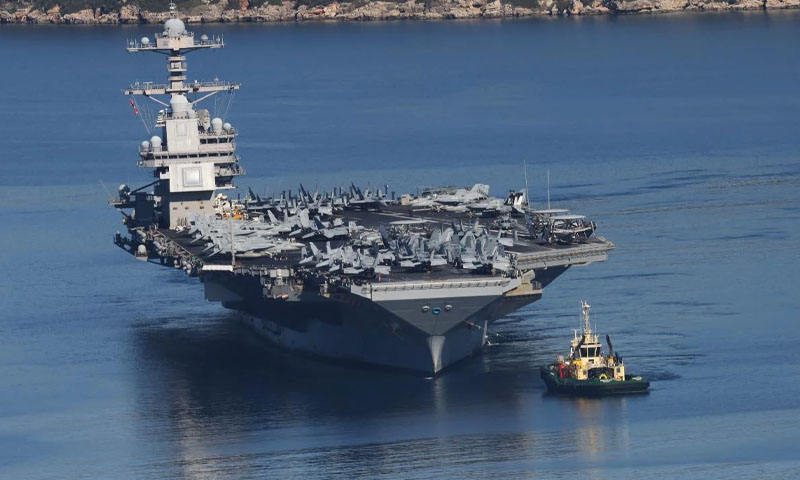- Web
- Yesterday
Violence between Houthis and Israel escalates
-

- DW
- Jul 23, 2024

TEL AVIV: Last week, Houthis were able to strike the Israeli city of Tel Aviv from Yemen, killing one. Israel retaliated by striking military targets in southern Yemen, killing several. What do the Houthis actually want?
Abdel-Malik al-Houthi was resolute. The leader of the Yemeni Houthi rebels said there was a “new stage of escalation” and he was “very happy” about the “direct battle” with Israel. A Houthi spokesperson said that there would be no “red lines” in the response against Israel, marking the readiness for confrontation.
Read more: Houthis say they targeted Israel’s Eilat, after Israeli strikes on Hodeidah port
On Friday last week, the Houthis launched a drone attack and were able to hit Tel Aviv from Yemen, despite the distance of more than 2,000 kilometers. One person was killed in the explosion and eight were injured. In retaliation, Israel sent fighter jets to strike military targets near the port of Hodeida in western Yemen. According to Israeli media reports, the air strikes targeted oil facilities and a power station. The Houthi-run health ministry said that there had been several casualties. The Houthi rebels then targeted the Red Sea resort of Eilat. Israel said it had intercepted a ballistic missile.
Civil war in Yemen
After the Arab Spring protests of 2011 toppled Saleh’s regime, the Houthis increasingly accused Yemen’s new government — now headed by a Sunni Muslim — of marginalising Zaydi Shiites. They also accused the the central government of being too close to the US and Israel and that the current leader, Abed Rabbo Mansour Hadi, was also a Saudi stooge.
The Houthis rebelled against Hadi’s unpopular government in 2014 and began to take over large parts of the country, including Sanaa. For Saudi Arabia, which did indeed support Hadi, this was a major problem and it began to fight against the Houthis. It has an international coalition against the Houthis since 2015, but without great success.
Although the Saudi Arabia-backed government controls a large part of the country, the Houthis control large areas of the north-west, including the capital Sanaa. They are supported by Iran. This is why the civil war in Yemen is also seen as a proxy war between Saudi Arabia and Iran. The Houthis have tanks, vehicles, guided missiles and rockets, which they say they have mainly acquired from the regular army.
Houthi ideology is anti-Israel
In their territory in northern Yemen, they have adopted a strict order with an anti-Western and anti-Israel bent. The name they use for themselves also reflects this spirit — God’s helpers or God’s supporters.
Successive Yemeni governments have supported calls for Palestinian statehood and an end to the Israeli occupation, not only since the 1990s, but the Houthis have radicalised this stance, and have met with support amid the population.
The Houthis blame Israel alone for the current war in the Gaza Strip.
Over the past months, the Houthis have attacked international ships in the Red Sea and disrupted major trade routes, in support of Palestinians.
Close ties with Iran
The Houthis are considered close allies of the government in Iran. They see themselves as part of the “Axis of Resistance”, an Iran-led regional alliance that includes Hezbollah in Lebanon, various Iraqi paramilitary factions and the Syrian regime, according to Hamidreza Azzi, a researcher at the Berlin-based German Institute for International and Security Affairs.
There are notable differences between the Houthis and those other groups, he added, pointing out that they were less dependent on Iran than Hezbollah for instance and there was no direct chain of command.
The government in Tehran says that it only supports the Houthis politically but does not supply them with weapons. However, there are doubts as to whether this is true. Over the past 10 years, the US military and its allies have intercepted at least 20 Iranian ships equipped with missiles, missile parts, cruise missiles, drones, thousands of assault rifles and other war equipment that was clearly intended for the Houthis.
Read more: Israel jets strike Houthi targets after Tel Aviv attack
A report published in July 2024 by the Defense Intelligence Agency (DIA) in the US, says that it assesses that the Houthis have “used Iran-supplied weapons to conduct more than 100 land- and sea-based attacks across the Middle East, the Red Sea, and the Gulf of Aden.”




